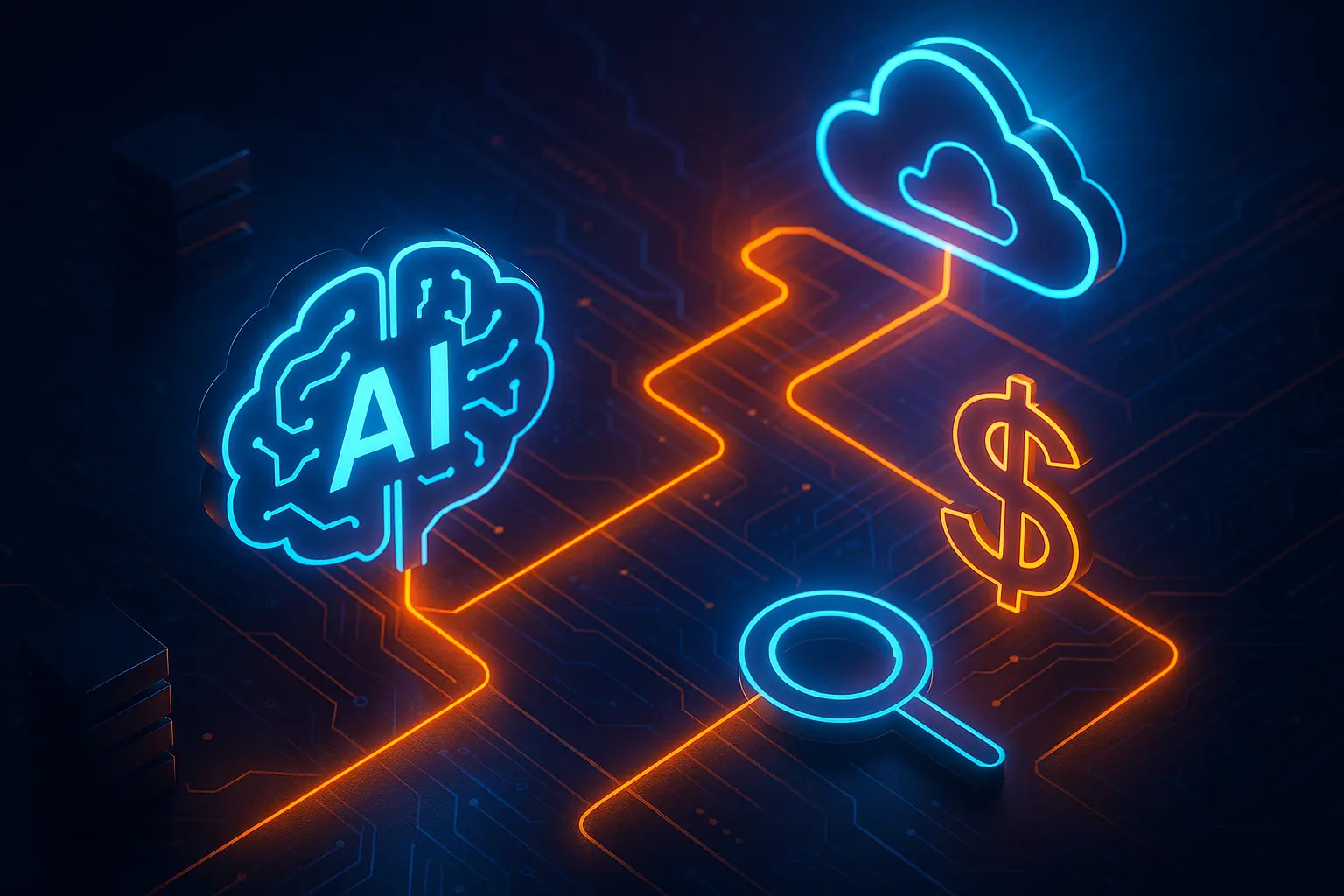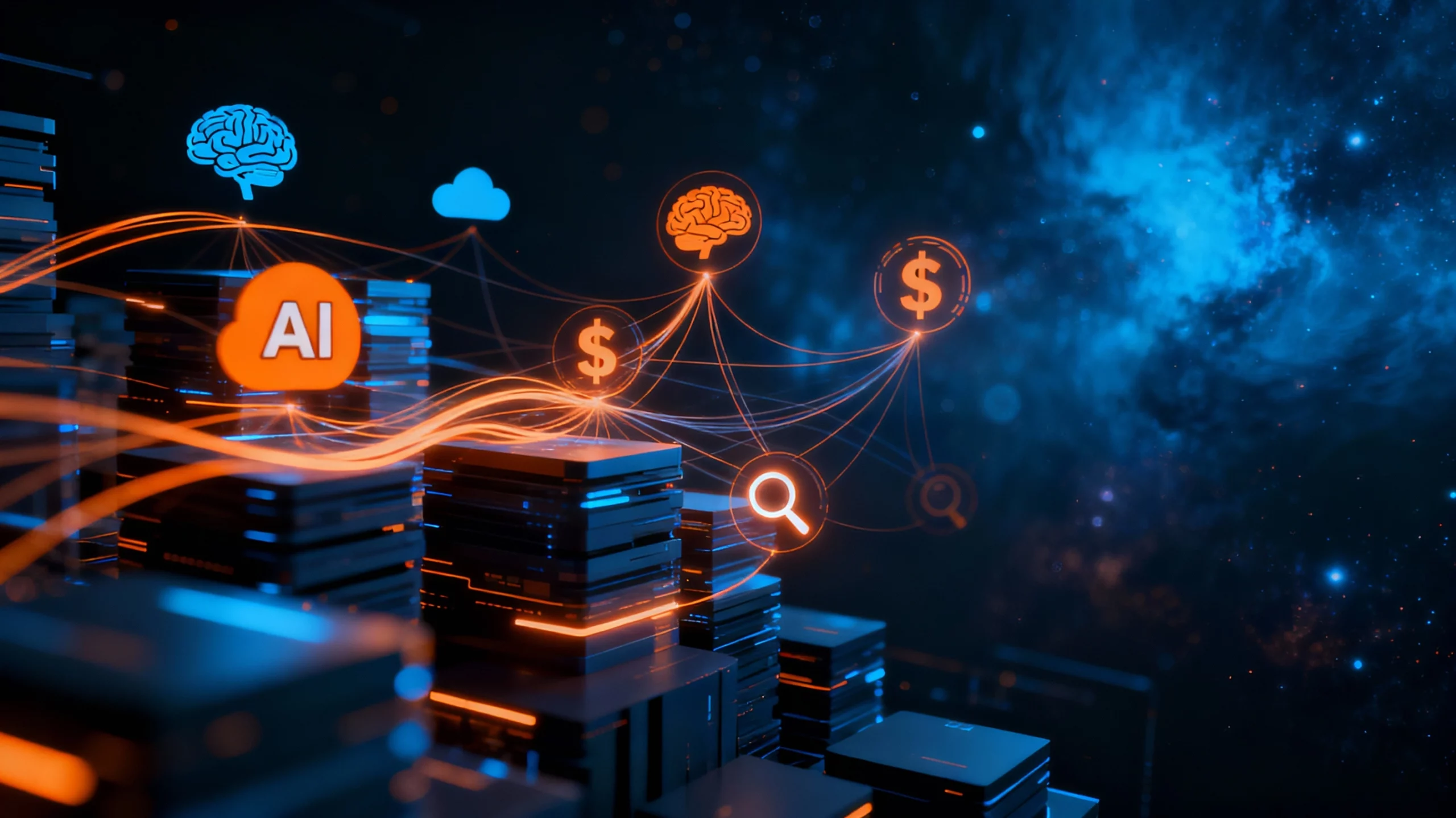

Google’s massive leap from $30B to $90B in AI spending — paired with Sundar Pichai’s warning that no company is safe if the AI bubble bursts — shows how uncertain the AI landscape has become. With tools like Gemini File Search disrupting entire RAG architectures overnight, the real competitive edge now lies in adaptability, not spending.

Google tripled its AI infrastructure spending — from $30B to $90B, yet ROI is still unclear.
Tools like Gemini File Search are replacing full RAG systems almost instantly.
AI stacks shift every few months, making long-term planning difficult.
Many companies still lack clarity on which workflows AI can actually improve.
Businesses treat AI as a one-time investment instead of continuous adoption.
The AI market is evolving faster than enterprise adoption cycles can keep up.
The AI landscape now moves faster than even industry leaders can stabilize. Google openly acknowledging uncertainty in its AI ROI proves that no company — regardless of scale — is immune to shifting AI economics. With generative AI models reshaping architecture requirements every quarter, teams risk building systems that go obsolete before they fully deploy. The real challenge today is identifying which AI initiatives drive measurable outcomes — not hype-driven experiments.

The arrival of Google’s Gemini File Search was a quiet but massive disruption. It replaced complex RAG pipelines and vector databases businesses spent years perfecting. In one update, entire architectures became redundant. This moment exposed a truth: foundational AI models can invalidate months of engineering effort instantly. And this won’t be a rare event — it’s the new normal of AI evolution.
AI is no longer a buzzword — it’s a volatile, fast-moving ecosystem. Companies must now prioritize modularity, clean data, experimentation loops, model-agnostic design, and strong evaluation pipelines. The winners in the AI era won’t be the companies spending the most — but the ones building systems flexible enough to adapt, evolve, and survive rapid change.
AI is not slowing down or stabilizing — and even Google isn’t certain about long-term returns. The companies that thrive will be the ones moving the fastest, learning constantly, and staying adaptable. AI rewards learning velocity, experimentation, and modular architecture — not giant budgets or hype. Before making heavy investments, organizations must ensure clarity, purpose, and systems built for continuous evolution.
How can you supercharge your business with bespoke solutions and products.